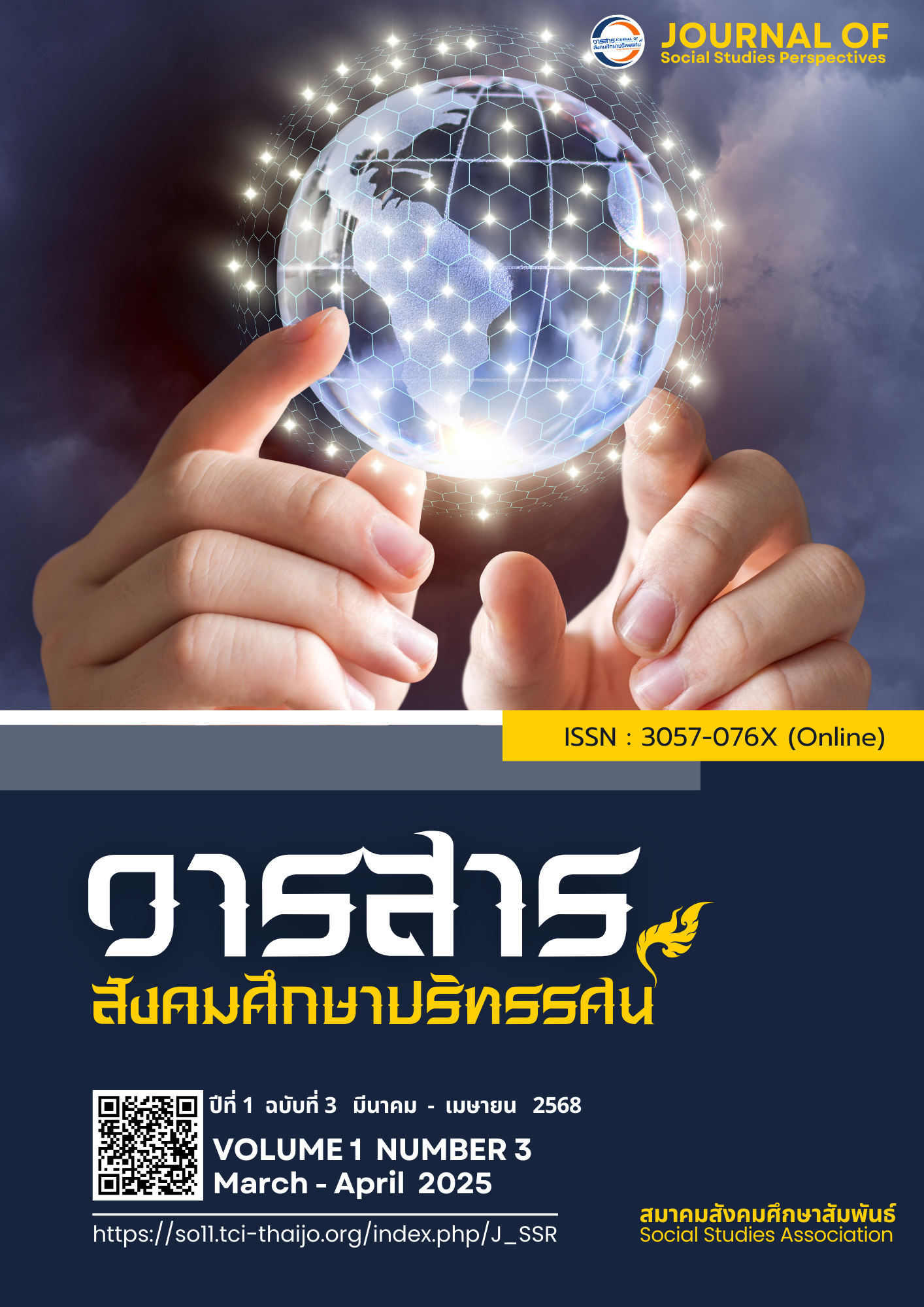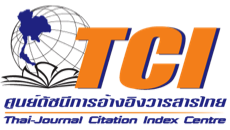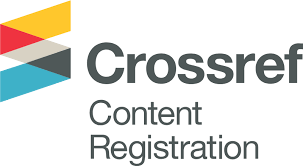ETHICAL LEADERSHIP OF EDUCATIONAL ADMINISTRATORS IN THE ERA OF MODERN CHANGE
DOI:
https://doi.org/10.64186/jsp1468Keywords:
Ethical leadership , School administrators , Modern changesAbstract
School administrators are key figures who play a leading and managing role in educational organizations, especially in an era of rapid and complex change. Ethical leadership is a key factor in building trust, improving the quality of the organization, and instilling a strong culture in the operation of the educational institution. Ethical management focuses on key elements such as honesty, fairness, responsibility, respect, and care. These elements affect academic performance, personnel development and care, and budget management.
In the context of a world that is constantly evolving and changing, the concept of ethical leadership needs to be adapted to the current situation. This article presents a guideline for developing ethical leadership for school administrators, focusing on skills development, knowledge enhancement, and adaptation to the digital age, so that administrators can lead the organization to sustainable success
References
Boonliang, S., & Watthanapradit, K. (2025). Young leaders create happiness in organizations.
MCU Peace Journal, 13(1), 435–446.
Brown, M. E., & Treviño, L. K. (2006). Ethical leadership: A review and future directions.
The Leadership Quarterly, 17(6), 595–616.
Chammanee, E., & Khumkhainam, T. (2021). Components of ethical leadership of
school administrators under Secondary Educational Service Area Office 21. Proceedings of the 22nd National Academic Conference, March 25, 2021, Khon Kaen University.
Chanpirun, M. (2023). Ethical leadership of educational administrators under Khon Kaen
Primary Educational Service Area Office 3 Master’sthesis, Mahamakut Buddhist University.
Chomsang, S., & Chaowchai, S. (2024). An analysis of the components of ethical leadership of
educational administrators under Sukhothai Primary Educational Service Area Office 2. Journal of Educational Research, Faculty of Education, Srinakharinwirot University, 19(2), 29.
Chotiklang, P. (2023). Ethical leadership of school administrators and teachers' quality of work
life in schools under Bangkok Secondary Educational Service Area Office 1 [Master’s
thesis, Silpakorn University].
Hersey, P., & Blanchard, K. H. (1982). Management of organizational behavior: Utilizing human
resources (4th ed.). Prentice Hall.
Jiranakul, P. (2019). The relationship between transformational leadership and the
effectiveness of personnel management of school administrators in Mae Fah Luang
District under Chiang Rai Primary Educational Service Area Office 3 [Independent study, master’s degree in educational administration, University of Phayao.
Jirajet, W. (2023, December 25). Goodbye VUCA, here comes BANI: Encouraging school directors
to adapt to change. Retrieved from https://www.educathai.com/knowledge/articles.
Karakose, T. (2007). High school teachers' perceptions toward ethical leadership in Turkey. Asia
Pacific Education Review, 8(3), 464–477.
Keattikan, K., & Pongpattarakan, P. (2024). Needs, necessities, and guidelines for
the development of digital leadership of school administrators under Phitsanulok
Primary Educational Service Area Office 3. Journal of Modern Learning Development,
(9), 203–220.
Kirk, V. (2025, February 19). What is ethical leadership and why is it important? Harvard Division
OfContinuing Education (DCE). Retrieved from https://professional.dce.harvard.edu/blog/what-is-ethical-leadership-and-why-is-it-important/.
Northouse, P. G. (2007). Leadership: Theory and practice (4th ed.). Sage Publications.
Nualkaew, Y., & Jindarak, P. (2024). Educational leadership in the Roman Catholic sect in
the BANI era. Journal of the Thai Association of Educational Administrators (ATEAP),
(2), 435–450.
Panphet, K. (2022). Ethical leadership based on wisdom principles for school administrators in
the 4.0 era. Educational Review Journal, 9(1), 491–498.
Phuwijit, C. (2022). Educational leadership in a volatile world. Retrieved from
http://www.nidtep.go.th/2017/publish/doc/20220906-1.pdf.
Rukit, W., Khositpimanwetch, E., & Kangpeng, S. (2024). Moral and ethical leadership of
educational administrators in a changing world. Maneechatram Wat Chommani
Journal, 7(2).
Supattra, R. (2022). 21st-century leadership of educational administrators. Mahamakut
Buddhist University.
Vilailak, R., Ekrit, K., & Somrit, K. (2024). Ethical leadership and ethics of school administrators
in a world of change. Maneechatram Wat Chommani Journal, 7(2), 1–15.
Wilai, L. (2024). Ethical leadership of educational administrators amid modern changes
Doctoral dissertation, Yala Rajabhat University.
Wisedonwai, J. (2022). Goodbye VUCA, here comes BANI: Encouraging school principals to
adapt to change. Educathai. Retrieved from https://www.educathai.com/knowledge/articles/652.
Downloads
Published
How to Cite
Issue
Section
Categories
License
Copyright (c) 2025 Journal of social studies perspectives

This work is licensed under a Creative Commons Attribution-NonCommercial-NoDerivatives 4.0 International License.
The article is published under the Creative Commons Attribution-NonCommercial-NoDerivatives 4.0 International (CC BY-NC-ND 4.0) license, which allows others to share the article while giving appropriate credit to the author. It prohibits the use of the article for commercial purposes or the creation of derivative works. Any other reuse or reproduction requires permission from the journal.










